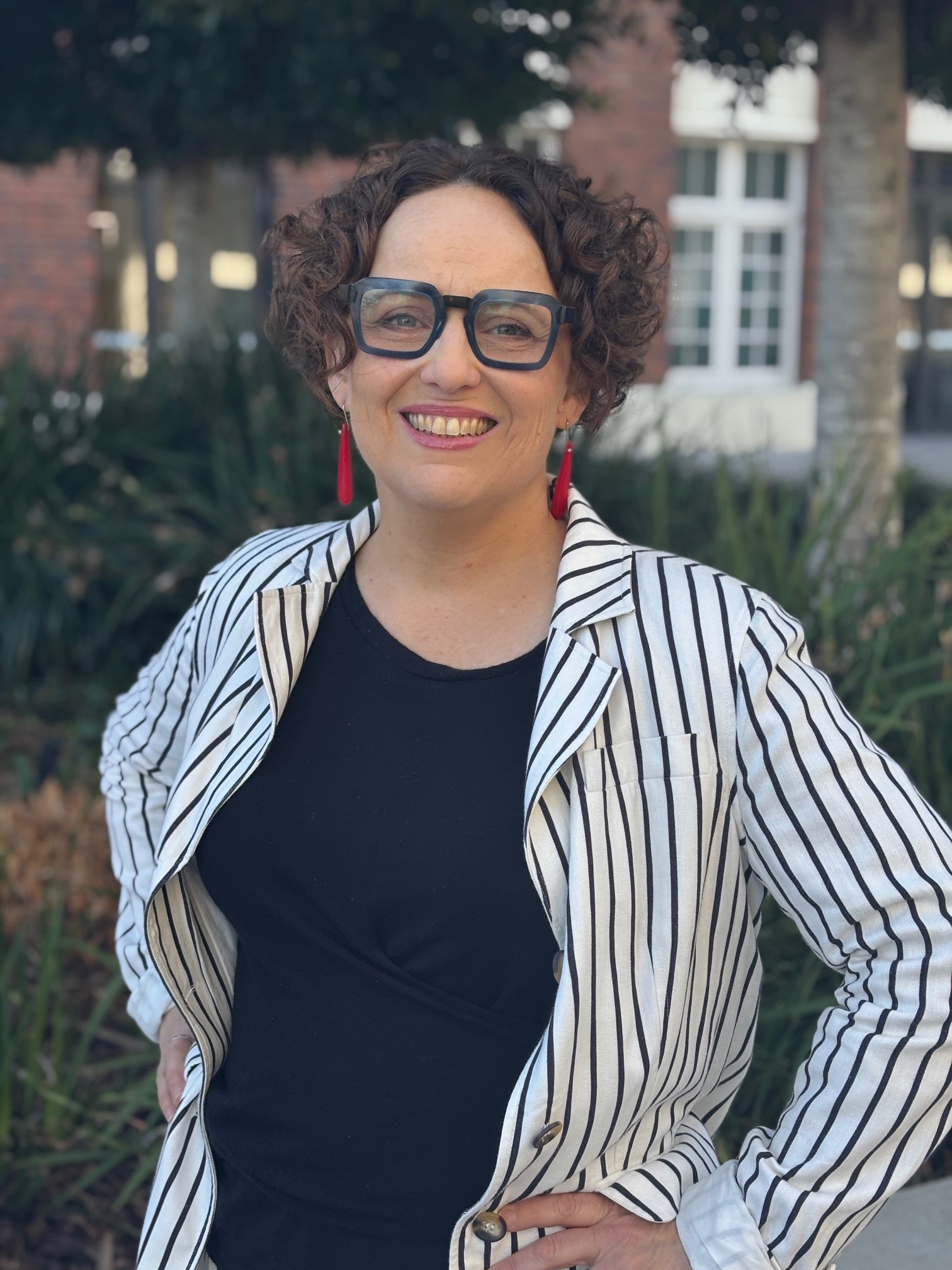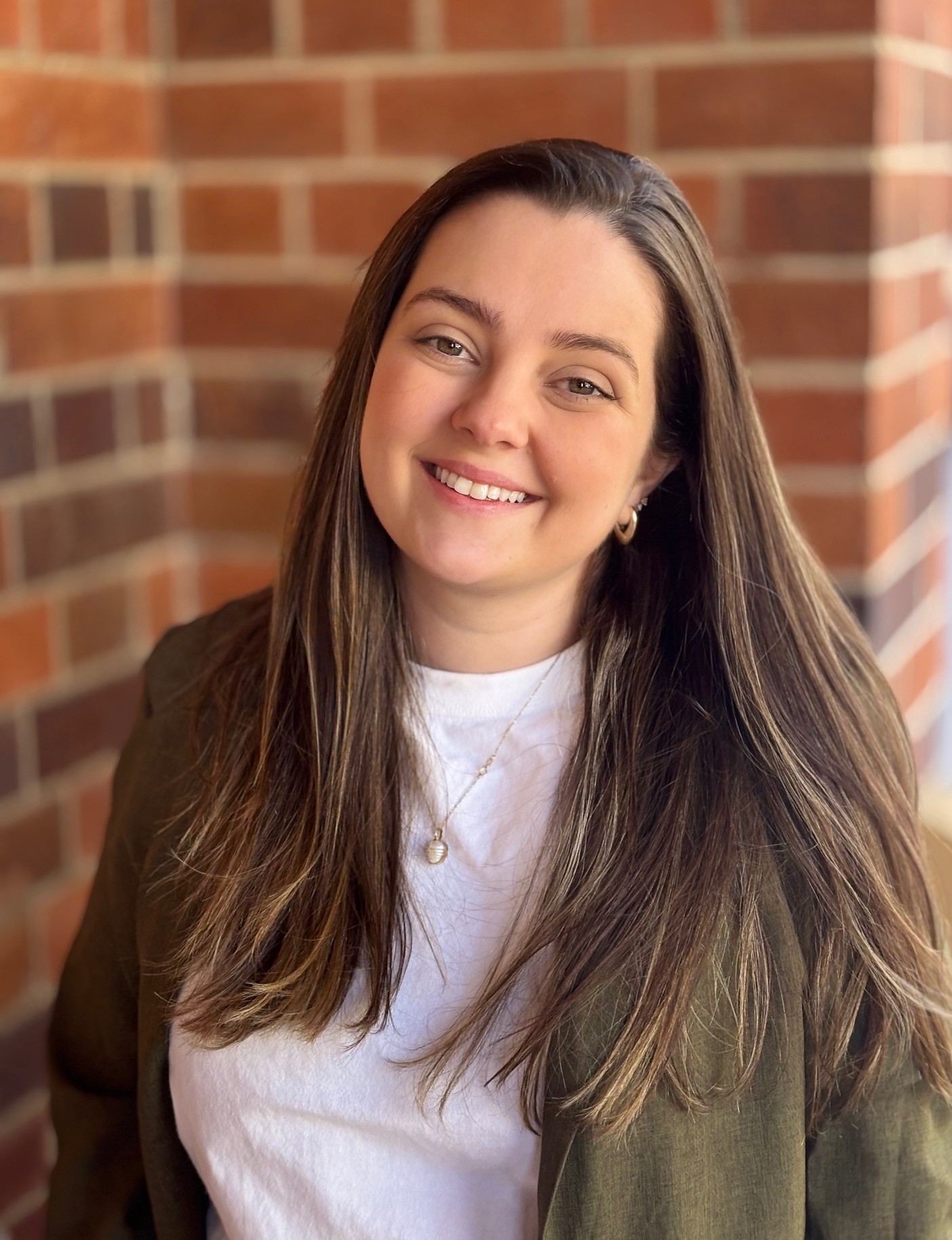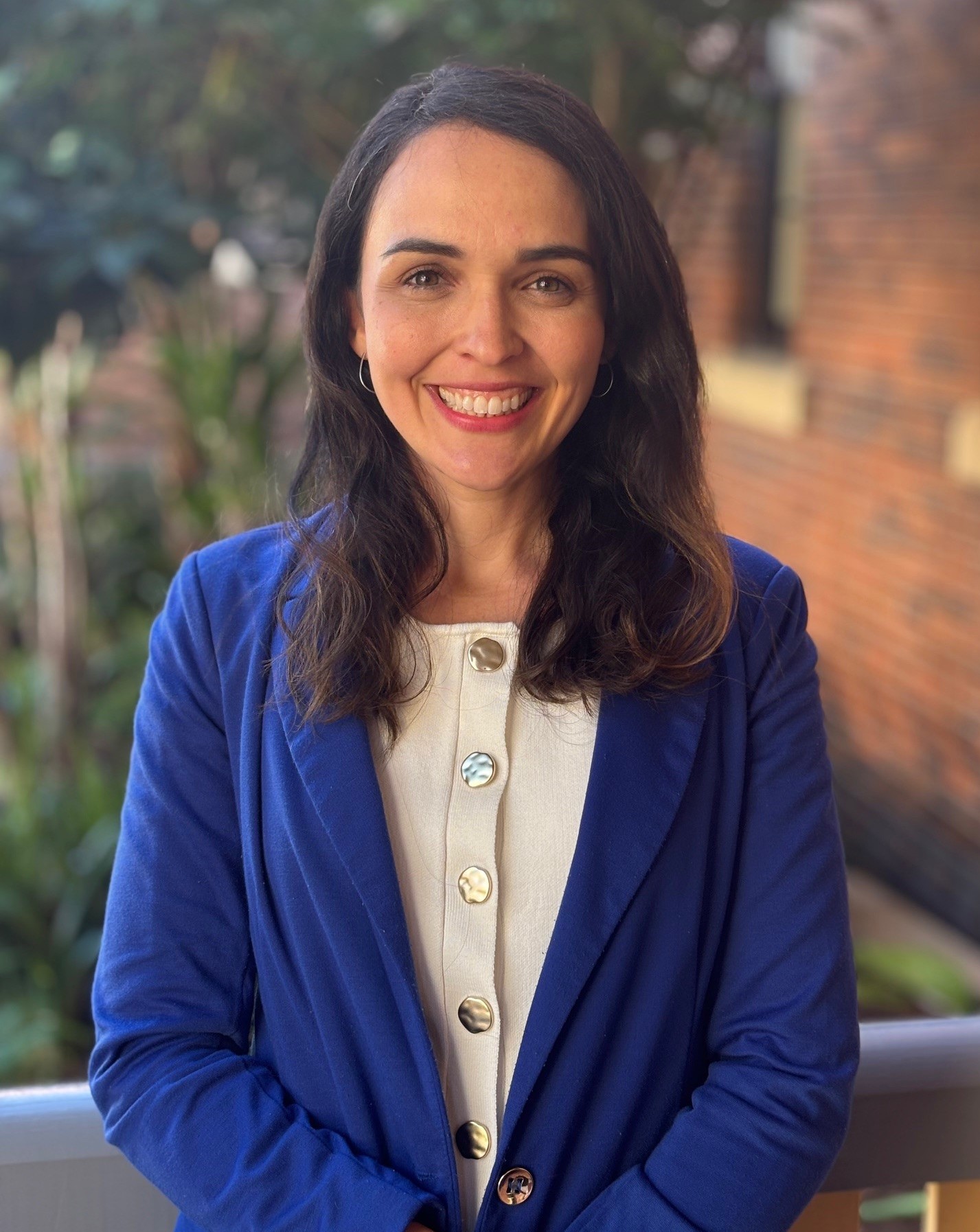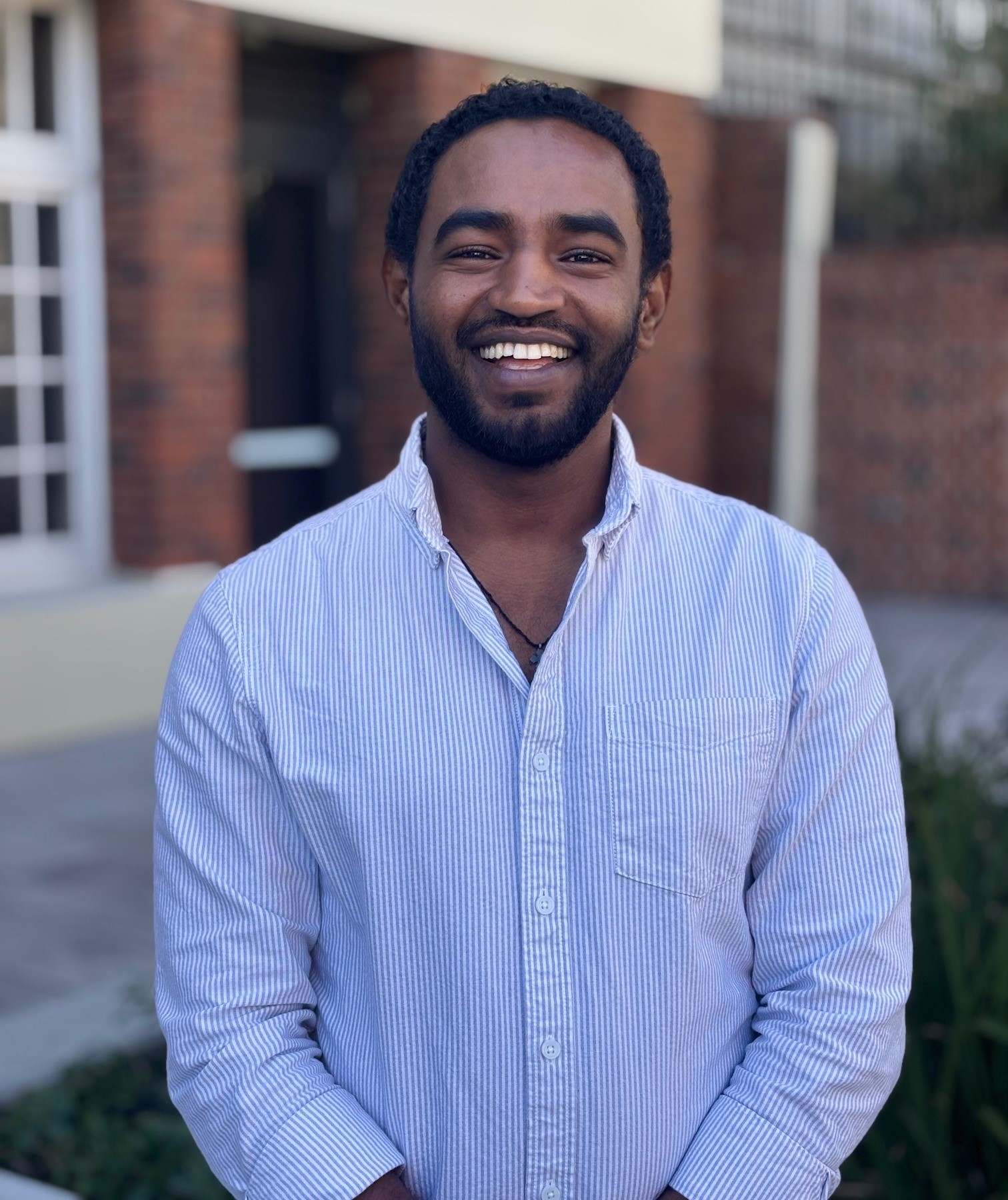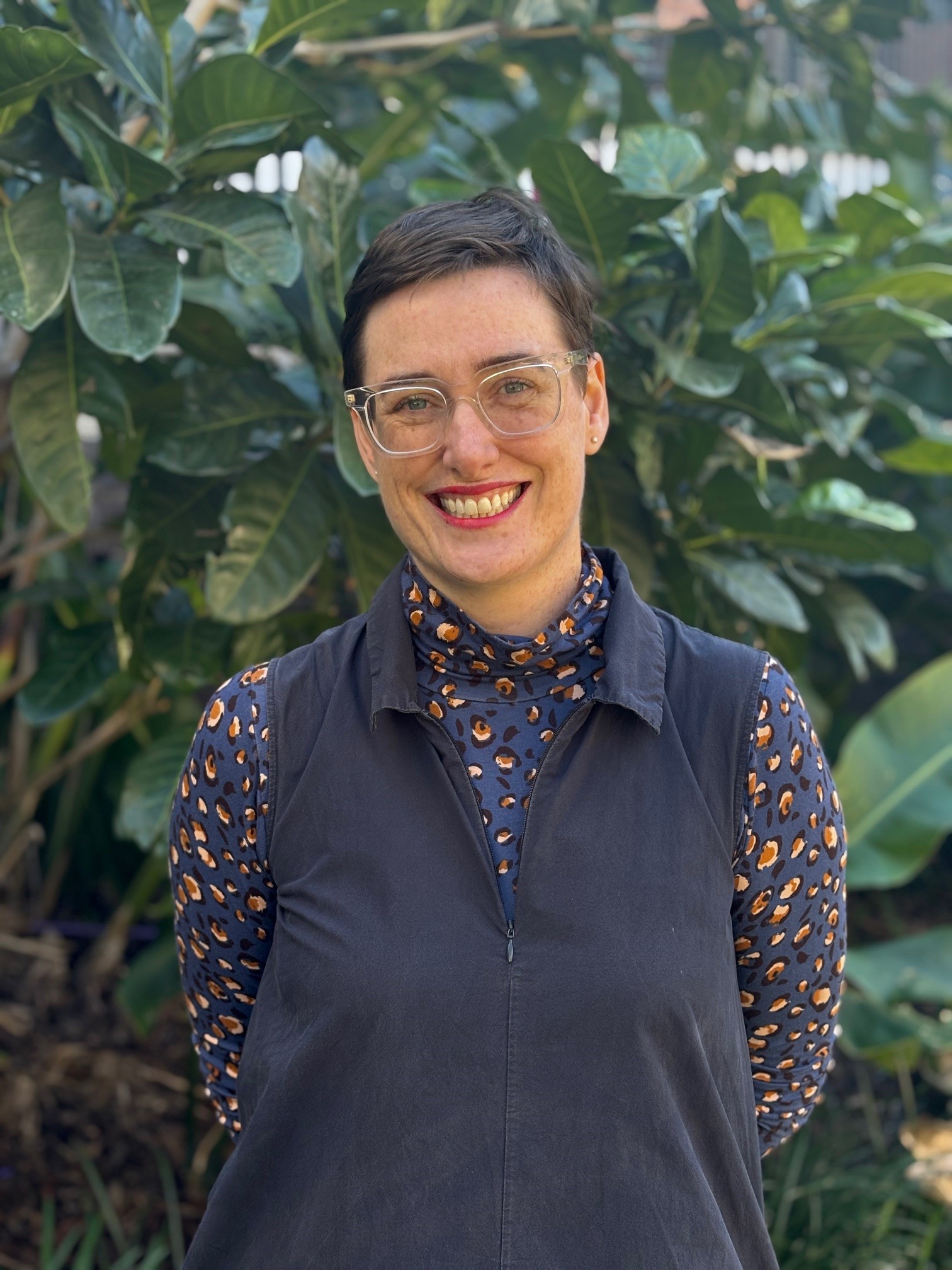Randomised Controlled Trials (RCTs) are essential to transforming healthcare and public health, however traditional trials are often expensive, difficult to recruit to, and take too long to translate results into clinical practice. The University of Queensland’s ULTRA program has been created to transform RCTs – building capability and capacity in innovative trial design, conduct, analysis and translation.
The ULTRA program brings together a highly skilled interdisciplinary team focused on creating innovation in RCTs that leads to higher quality trials, more robust and rapid results and improved outcomes for patients and the public.
We offer methodological capability for innovative RCTs in existing and new areas of clinical research led by The University of Queensland. We work across UQ’s Faculties and Schools, Institutes, Centres and external partners to support innovative trial design and analysis. Our approach embeds qualitative research, implementation science and consumer and community involvement in trials, facilitating trials to deliver on time and on target, and translate findings into practice.
Funded through The University of Queensland’s Vice-Chancellors Health Research Accelerator (HERA) initiative to tackle urgent health and medical challenges, ULTRA is working together with the UQ’s Clinical Trials Centre (CTC) to augment existing expertise and accelerate RCT capability, capacity, co-ordination and competitiveness.
Vision
To create Australia’s most successful interdisciplinary team leading innovative RCTs that deliver results rapidly, translated for public good.
Mission
Accelerate The University of Queensland’s capability, capacity, co-ordination and competitiveness in innovative and impactful RCTs.
Our team leads methodological projects in biostatistics, implementation science, qualitative research, and consumer and community involvement. Current methodological projects include:
Biostatistics
Joint modelling of longitudinal health-related quality of life and time-to-event data under non-proportional hazards
Health-related quality of life (HRQoL) is an important endpoint in advanced cancer trials. A key challenge is that HRQol assessments often stop at progression, leading to potential informative censoring. Joint modelling approaches explicitly link the HRQoL trajectory with time-to-event (TTE) process, and can therefore account for this type of informative censoring. Using a shared random effects structure, we proposed a joint model that accounts for the endogenous nature of HRQoL trajectories by combining a linear mixed submodel for repeated measures with a flexible accelerated failure time submodel for TTE outcomes. The framework relaxes the proportional hazards assumption and is evaluated through simulation studies under a range of trial scenarios. Application to cancer trial datasets demonstrates its ability to provide robust inference.
Quick Estimates in Missing Data Structures with Variational Bayes
This project examines the use of Variational Bayes (VB) as a practical middle ground between traditional methods for handling missing data in clinical trials. The Expectation-Maximisation (EM) algorithm is fast however often limited to point estimates, Markov Chain Monte Carlo (MCMC) provides the exact full uncertainty quantification often desired, however at a high computational cost. VB provides a balance in approximation of the posterior distribution efficiently. Through simulations VB has been shown to capture key features of missing-not-at-random data structures in clinical trials at substantially faster speeds than MCMC, with some parameters (particularly relating to variance) having some difficulty. Various VB methods will be explored testing accuracy, speed and applicability in order to highlight the promise of this approach for exploratory clinical trial analysis. If you are interested in this field of research please contact Senior Research Assistant in Biostatistics Patrick Maher at ultra@uq.edu.au
SAFTEP: Semiparametric Accelerated Failure Time Evaluation Project
The Cox proportional hazards (PH) model is widely used in clinical trials but may be unsuitable when the proportional hazards assumption is violated, and alternatives such as stratification or restricted mean survival time (RMST) have notable limitations. The semiparametric accelerated failure time (AFT) model provides a promising alternative, as it does not rely on the PH assumption and offers a more intuitive interpretation of covariate effects. The performance of AFT models relative to PH models is illustrated using ANZUP trials.
Implementation Science
Use of implementation science to design site readiness assessments for investigator led multi-site RCTs
Can we create better ways for trial teams to successfully support multiple RCT sites?
In multi-site RCTs, approaches to trial site initiation can be fragmented and site performance unpredictable which contributes to costs and research waste. Optimization of trial site readiness assessments may improve the success and translation of clinical trials. This study will design, validate and evaluate an implementation science informed site readiness assessment protocol to support trialists in RCT site recruitment. If you are interested in piloting this process in your multi-site trial, get in touch with ULTRA Principal Research Fellow in Implementation Science A/Prof Ingrid Hickman i.hickman@uq.edu.au to discuss collaboration.
Equity in RCTs
RCTs are the most widely accepted research design for evaluating the effectiveness of health interventions, yet much of the evidence produced through RCTs is drawn from participants with a narrow demographic profile that fails to reflect the diverse demography of the Australian population. ULTRA is tackling the issue of equity in RCTs with a robust implementation science approach and co-design solutions to drive impact and translation. If you are interested in collaborating on this body of work, please contact Postdoctoral Research Fellow in Implementation Science Dr Mark Liu mark.liu@uq.edu.au
Implementation science in hybrid effectiveness-implementation RCTs.
Hybrid RCTs incorporate implementation outcomes as well as the typical effectiveness outcomes which should lead to better trial translation. This project will explore the utility of implementation science methods in hybrid trials and the impact on translatability of outcomes. For further information contact Principal Research Fellow in Implementation Science A/Prof Ingrid Hickman i.hickman@uq.edu.au
Qualitative Research
Qualitative Research within randomised controlled trials.
Qualitative research can add value to randomised controlled trials (RCTs) yet little is known about its scale or impact. We are working towards understanding the current landscape of the use of innovative qualitative methods during RCTs and the impact of its contributions. If you are interested in this topic, get in touch with ULTRA Research Fellow in Qualitative Research Dr Nathalia Costa to discuss collaboration n.cordeirodacosta@uq.edu.au
Consumer and Community Involvement
Bringing the James Lind Alliance Priority Setting Partnership approach to Australia
James Lind Alliance (JLA) Priority Setting Partnerships (PSPs) bring together consumers and clinicians to identify and prioritise unanswered questions (‘uncertainties’), informing researchers and funders of the issues that matter most to those with lived experience of health issues and those who care for them. Each JLA PSP must be supported by a JLA Advisor, who champions inclusivity, transparency & scientific rigor. With no JLA Advisors based in Australia, Australian researchers have limited access to this methodology. As a first step towards establishing an advisory team in Australia, this project will pilot UQ-based facilitation of the final prioritisation workshop in three current PSPs. If you are interested research priority setting, please contact Senior Research Fellow in Consumer and Community Involvement, Dr Bec Jenkinson r.jenkinson@uq.edu.au
Consumer and Community Involvement in randomised controlled trials
Consumer and Community Involvement (CCI; also known as Public and Patient Involvement and Engagement in some contexts) occurs when people with lived experience of a health concern or service collaborate with researchers to prioritise and shape decisions about the design, conduct and dissemination of research. Given the range of benefits of CCI, funders and publishers are increasingly expecting CCI to form part of the research process, providing a useful lever to grow the practice of CCI. This ULTRA program of work aims to generate evidence to grow innovative, sustainable CCI in the context of RCTs. If you are interested in collaborating on this body of work, please contact Senior Research Fellow in Consumer and Community Involvement, Dr Bec Jenkinson r.jenkinson@uq.edu.au
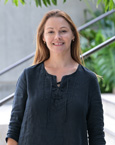 Professor Nadine Foster (Director - ULTRA)
Professor Nadine Foster (Director - ULTRA) Nadine is an internationally recognised leader in clinical trials and Academic Director of The University of Queensland’s (UQ) Clinical Trials Centre (CTC). She is passionate about supporting the development and delivery of high quality innovative randomised clinical trials (RCTs) that translate into better patient outcomes.
Nadine is the programme lead for the HERA ULTRA initiative – creating and supporting Australia’s most successful interdisciplinary team leading innovative RCTs that deliver results rapidly, translated for patient benefit. ULTRA forms a core part of UQ CTC and is integrated with the CTC to support existing RCTs and co-develop future RCTs.
Biostatistics
Listen to Andrew explain his role in ULTRA
Andrew is the inaugural Professor of Innovative Clinical Trials and leads the University of Queensland’s ULTRA program. He has made original, innovative and distinguished contributions to methodological research, as well as the design, conduct, analysis, interpretation, and dissemination of clinical research that has had an impact at an international level policy, practice, and subsequent research programs.
Ding is a post-doctoral research fellow in biostatistics within the ULTRA team, specialising in the development of estimation methods for semiparametric survival models and their extensions. He is dedicated to advancing statistical methodologies for biostatistics applications, including the design and analysis of clinical trials.
Patrick is a senior research assistant within the ULTRA team working as a biostatistician with a particular interest in simulation and analyses of data within clinical trials. Patrick is currently completing his BCA Masters of Biostatistics.
Min holds a PhD in Biostatistics, with additional training in Biomedicine. She has experience in quantitative analysis of genomics and clinical data in cancer and immune-related diseases, bridging biomarker insights with clinical trial applications. Her research interests focus on innovative statistical methodologies that improve trial efficiency and better inform clinical decision-making.
Implementation Science
Listen to Ingrid explain her role in ULTRA
Ingrid brings to the ULTRA team methodological expertise in implementation science in clinical trials and supporting the clinical trial workforce to embed implementation science into innovative trial design and delivery. She has been recognised internationally for her investment in implementation science and clinical workforce capacity building in research translation.
Mark is an implementation scientist within the ULTRA team, with experience in behaviour change research on the patient, clinician and organisational level. He has methodological expertise in conducting pragmatic research in real-world settings, implementation and behavioural theory, and leveraging routinely collected health data as research outcome measures. He is also a strong advocate for consumer involvement across all stages of research.
Qualitative & Mixed-Methods Research
Listen to Nathalia explain her role in ULTRA
As part of the ULTRA team, Nathalia works collaboratively with researchers, clinicians, and other stakeholders to shape and enhance trial designs and processes through innovative qualitative methods and methodologies – from developing relevant research questions to improving trial recruitment and informing implementation of trial findings. Her work seeks to make meaningful contributions to clinical trials and healthcare more broadly.
Kate is a postdoctoral research fellow and registered music therapist with expertise in qualitative methods. Kate's role with ULTRA is to support the use of qualitative methods and methodologies within clinical trials. Kate also has experience researching and evaluating creative arts therapies within mental health settings and a passion for arts-based methods with a focus on equity and inclusion.
Poly is a Senior Research Assistant within the ULTRA team, with a background in dentistry and a PhD in orofacial pain awarded by The University of Sydney. Originally from Brazil, she is passionate about creative, people-centred research, with a particular interest in mental health and in making care more empathetic, inclusive, and effective. Her role focuses on supporting a range of projects that integrate innovative qualitative methods and methodologies with clinical trials.
Liane is a Senior Lecturer in the Physiotherapy Department at the Federal University of Rio Grande do Norte, Brazil, with teaching, research, and leadership responsibilities. Her research expertise lies in clinical trials and low back pain. She secured a fellowship from the National Council for Scientific and Technological Development (CNPq) to work with the ULTRA team and explore how qualitative methods and methodologies are contributing to RCTs in the field of low back pain.
Gashaw is a PhD student working on a project to understand and optimise recruitment to the FORENSIC trial. His work is poised to make a meaningful impact in the field by developing evidence-based approaches that can be applied to future clinical trials, making them more efficient, inclusive, and impactful, ultimately enhancing the success of trials. Drawing on his background, he is actively cultivating a foundation in mixed-methods research, blending analytical rigor with qualitative insight to advance clinical trial methodology.
Consumer & Community Involvement
Listen to Bec explain her role in ULTRA
Bec is a health consumer advocate-turned-researcher and leader in the Australian health consumer movement who works collaboratively with researchers, consumers and other stakeholders to enhance consumer and community involvement in clinical trial designs and processes.
Claire is an early career clinician researcher with expertise in mixed methods research and a strong interest in priority setting in health and medical research. Her ULTRA work focuses on integrating consumer and community perspectives into the design and conduct of clinical trials, ensuring that research addresses the needs and values of those it aims to serve.
Researchers from many UQ Faculties and Institutes work and collaborate with ULTRA including:
- Faculty of Health, Medicine and Behavioural Sciences
- Faculty of Business, Economics and Law
- Institute of Molecular Bioscience
- Queensland Brain Institute
Affiliates
We thank and acknowledge the following UQ staff and Academic Title Holders who collaborated to support the objectives of ULTRA, and who are now affiliates of ULTRA.
- Professor Jason Roberts
- Dr Roberta Littleford
- Dr Jon Fanning
- Professor Carmel Hawley
- Ms Donna Reidlinger
- Ms Elaine Pascoe
- Professor Jason Ferris
- Associate Professor Mark Chatfield
- Professor Tracy Comans
- Professor Karen Barlow
- Associate Professor Kirsten Gibbons
- Professor Rosyln Boyd
- Professor Craig Munns
- Professor Elizabeth Eakin
- Dr Louise Marquart
- Dr Michael Waller
- Professor Annette Dobson
- Dr Reza Baneshi
- Professor Claire Rickard
- Professor Amanda Ullman
- Professor Haitham Tuffaha
- Professor Paul Hodges
- Professor Trevor Russell
- Professor Michele Sterling
- Associate Professor Shaun O’Leary
- Dr Natalie Collins
- Dr Guido Zuccon
- Professor Maher Gandhi
- Professor Sailesh Kumar
- Professor Janet Hardy
- Professor Dan Chambers
- Professor John Upham
- Associate Professor Andy Moore
Partners
Our external partners include:
- Queensland Health
- Health Translation Queensland
- Metro North Hospital and Health Service
- Metro South Hospital and Health Service
- Queensland Children's Hospital
- Mater
- QCIF - Queensland Cyber Infrastructure Foundation
- Australia Clinical Trials Alliance (ACTA).
Concept Development Workshops
The ULTRA team is a UQ-wide capability to support the development and conduct of methodologically innovative trials. The team supports UQ academic staff and academic title holders, including those supervising Higher Research Degree students developing RCT ideas for future funding. Through one-day Concept Development Workshops, the ULTRA team will work with participants to explore and identify opportunities to improve their trial methodology for future funding submission.
The date of the next Concept Development Workshop is:
- Thursday, 11 December 2025, 9am - 4pm. Location: UQ Centre for Clinical Research, Herston
To register please follow this two step process (PDF, 195.8 KB).
For queries, email ultra@uq.edu.au.
Collaborate with us
The ULTRA team is keen to collaborate with UQ staff and Academic Title Holders who are involved in the development and conduct of RCTs and who are interested in exploring how innovations in design, statistics, implementation science, consumer and community involvement and embedded qualitative research can benefit those RCTs.
ULTRA collaborates with teams to embed trials within the health services:

 Professor Andrew Martin
Professor Andrew Martin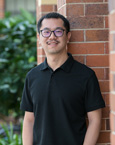
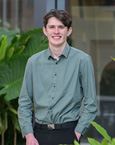

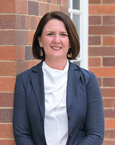 Associate Professor Ingrid Hickman
Associate Professor Ingrid Hickman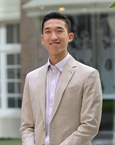
 Dr Nathalia Costa
Dr Nathalia Costa